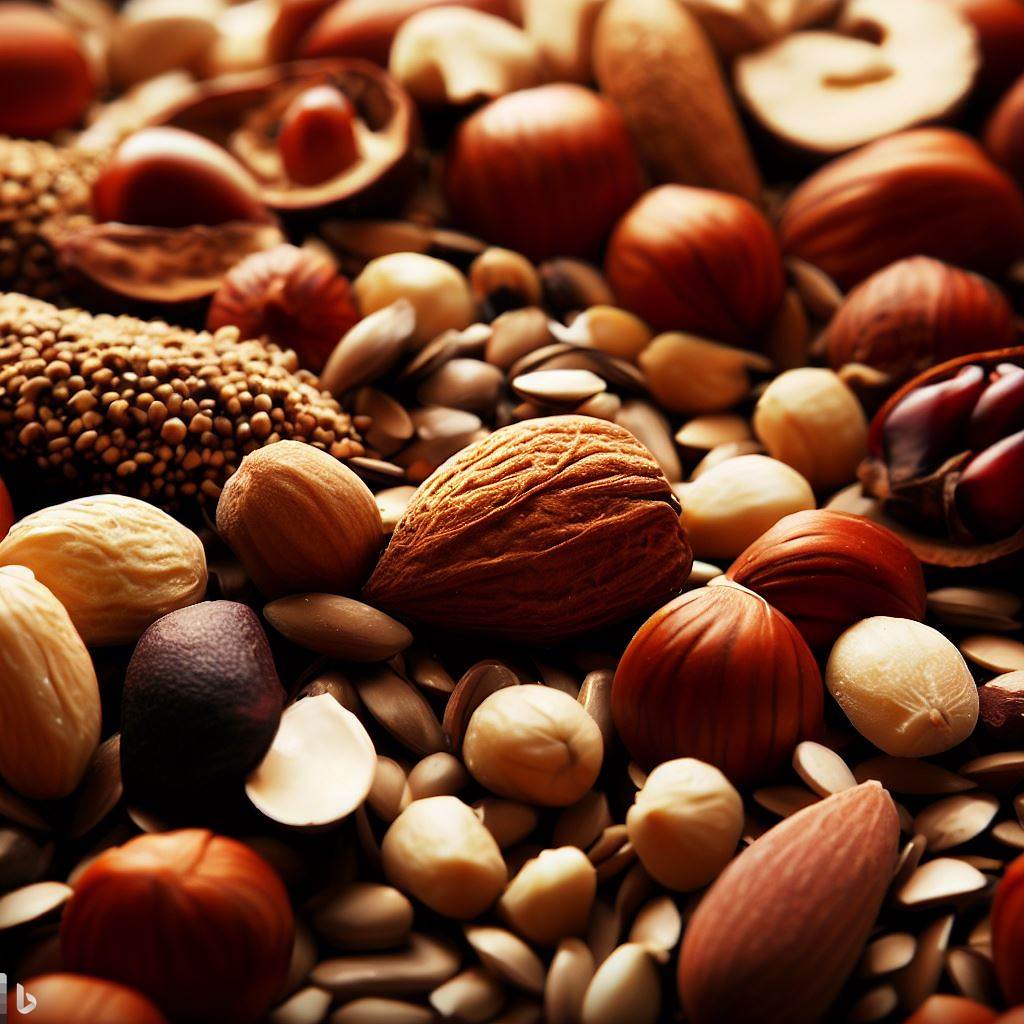Reducing or limiting these foods can support healthy weight loss, but it is essential to maintain a balanced and varied diet and consult with a registered dietitian or healthcare provider before making significant changes to your eating habits.
1. Sugary drinks: Sugar-sweetened beverages such as soda, fruit juice, and sports drinks are high in calories and added sugars, which can lead to weight gain.
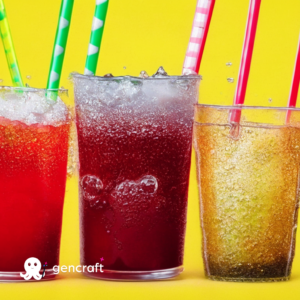
Consuming sugary drinks such as soda, fruit juice, and sports drinks can contribute to weight gain due to their high calorie and added sugar content.
These beverages are often consumed in large quantities and provide little nutritional value, leading to an excess of empty calories in one’s diet.
Additionally, excessive consumption of sugary drinks has been linked to an increased risk of developing type 2 diabetes, heart disease, and other health issues.
It is recommended to limit the intake of these beverages and opt for water or other low-sugar alternatives instead.
2. Candy and sweets: Candy, chocolate, and other sweets are high in calories, added sugars, and unhealthy fats.

Candy, chocolate, and other sweets are not only high in calories, but they are also loaded with added sugars and unhealthy fats.
These added sugars and fats can lead to weight gain, as well as an increased risk of developing chronic diseases such as diabetes and heart disease.
It is important to limit our intake of these treats and opt for healthier alternatives such as fruits and nuts.
3. Fried foods: Fried foods such as French fries, fried chicken, and fast foods are often high in calories, unhealthy fats, and sodium.
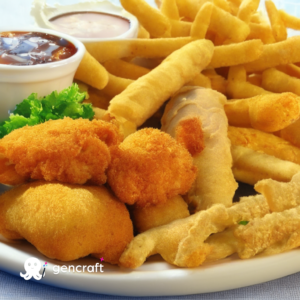
Fried foods, including popular items such as French fries, fried chicken, and fast foods, are known to be high in calories, unhealthy fats, and sodium.
Consuming these foods regularly can lead to weight gain, high blood pressure, and other health problems.
It is important to limit the intake of fried foods and opt for healthier alternatives that are lower in fat and sodium.
4. Processed meats: Processed meats such as bacon, sausages, and hot dogs are high in calories, unhealthy fats, and sodium.

Processed meats like bacon, sausages, and hot dogs are unhealthy due to their high calorie, unhealthy fat, and sodium content.
These meats are often preserved with chemicals and additives that can increase the risk of cancer and heart disease.
Consuming processed meats regularly can also lead to weight gain and other health problems.
It is recommended to limit the intake of processed meats and opt for healthier protein sources such as lean meats, fish, and plant-based options.
5. White bread, pasta, and rice: Refined grains such as white bread, pasta, and rice are often low in fiber and nutrients and can lead to a spike in blood sugar levels.
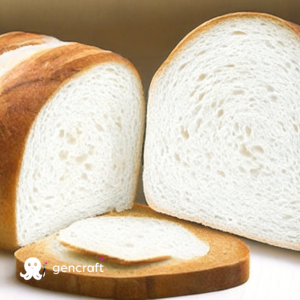
Refined grains like white bread, pasta, and rice are often low in fiber and nutrients, which can negatively impact our health.
Consuming these foods can also lead to a spike in blood sugar levels, which can be harmful to those with diabetes or insulin resistance.
It is important to choose whole grain options instead, as they provide more fiber and essential nutrients.
6. Baked goods: Baked goods such as cakes, cookies, and pastries are high in calories, added sugars, and unhealthy fats.
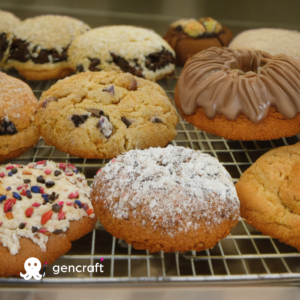
Baked goods such as cakes, cookies, and pastries are indeed high in calories, added sugars, and unhealthy fats.
These types of foods are often considered as indulgences rather than everyday staples due to their nutritional content.
Consuming too much of these baked goods can lead to weight gain and other health issues.
It’s important to enjoy these treats in moderation and balance them out with a healthy and balanced diet.
7. Ice cream and frozen desserts: Ice cream and other frozen desserts are high in calories, added sugars, and unhealthy fats.

Ice cream and other frozen desserts are known to be high in calories, added sugars, and unhealthy fats.
A single serving of ice cream can contain up to 300 calories, which is a significant amount for a dessert.
Additionally, these desserts are often loaded with added sugars, which can contribute to weight gain and other health problems.
The unhealthy fats found in ice cream and frozen desserts can also increase the risk of heart disease and other health issues.
It is important to consume these treats in moderation and opt for healthier alternatives when possible.
8. Alcohol: Alcoholic beverages are high in calories and can lead to overeating and poor food choices.
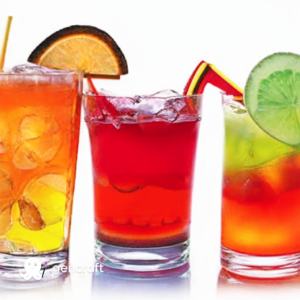
Alcoholic beverages are known for being high in calories, which can contribute to weight gain and other health issues.
In addition, drinking alcohol can lead to overeating and poor food choices, as it can lower inhibitions and increase appetite.
It’s important to be mindful of the amount of alcohol consumed and to make healthy food choices while drinking.
9. Pizza: Pizza is often high in calories, unhealthy fats, and sodium.

Pizza is a popular food that is often high in calories, unhealthy fats, and sodium.
A typical slice of pizza can contain anywhere from 200 to 400 calories, depending on the toppings.
The cheese and meat toppings are often high in saturated fats, which can increase the risk of heart disease and other health problems.
Additionally, many pizza sauces are high in sodium, which can lead to high blood pressure and other health issues.
It is important to be mindful of portion sizes and choose healthier toppings, such as vegetables, when enjoying pizza.
10. High-calorie coffee drinks: Specialty coffee drinks such as lattes, cappuccinos, and frappuccinos are often high in calories, added sugars, and unhealthy fats.

Specialty coffee drinks like lattes, cappuccinos, and frappuccinos are often loaded with calories, added sugars, and unhealthy fats.
These high-calorie coffee drinks can contribute to weight gain and other health problems if consumed in excess.
For example, a medium-sized caramel frappuccino from a popular coffee chain contains around 420 calories and 66 grams of sugar.
It’s important to be mindful of the ingredients in these drinks and to limit consumption to maintain a healthy diet.
11. Energy drinks: Energy drinks are high in caffeine, added sugars, and can lead to overconsumption of calories.

Energy drinks are beverages that contain high amounts of caffeine and added sugars.
These drinks are marketed as a way to increase energy levels and improve performance.
However, consuming too many energy drinks can lead to overconsumption of calories, which can result in weight gain and other health problems.
In addition, the high caffeine content in energy drinks can cause negative side effects such as increased heart rate, high blood pressure, and insomnia.
It is important to consume energy drinks in moderation and to be aware of their potential health risks.
12. Mayonnaise and creamy sauces: Mayonnaise and creamy sauces are often high in calories, unhealthy fats, and sodium.
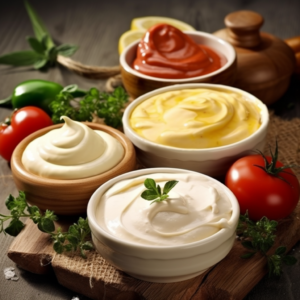
Mayonnaise and creamy sauces are popular condiments used in various dishes. Mayonnaise is made from egg yolks, oil, vinegar, and mustard. It is commonly used as a spread on sandwiches and burgers, as well as a base for dressings and dips. Creamy sauces, on the other hand, are typically made by combining cream or milk with butter and flour to create a roux. This mixture is then combined with additional ingredients such as cheese, herbs, or spices to create a flavorful sauce. Creamy sauces are often used in pasta dishes, casseroles, and as a topping for vegetables. Both mayonnaise and creamy sauces add richness and flavor to dishes and are a staple in many kitchens.
13. Cheese: Cheese is high in calories, unhealthy fats, and sodium.
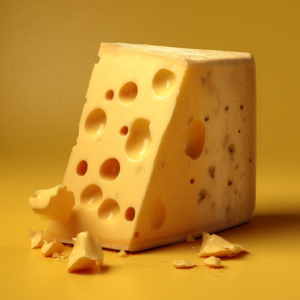
Cheese is a food product that is high in calories, unhealthy fats, and sodium.
A single slice of cheese can contain up to 100 calories, which can add up quickly if consumed in excess.
Additionally, cheese is often high in saturated and trans fats, which can contribute to heart disease and other health problems.
Finally, many types of cheese are also high in sodium, which can lead to high blood pressure and other health issues.
While cheese can be a tasty addition to meals and snacks, it is important to consume it in moderation and choose lower-fat and lower-sodium options whenever possible.
14. Chips and crackers: Chips and crackers are often high in calories, unhealthy fats, and sodium.

Chips and crackers are a popular snack choice for many people, but it’s important to be aware of their nutritional content.
These snacks are often high in calories, which can contribute to weight gain if consumed in excess.
Additionally, they tend to contain unhealthy fats, such as saturated and trans fats, which can increase the risk of heart disease.
Finally, chips and crackers are often high in sodium, which can lead to high blood pressure and other health problems.
It’s important to enjoy these snacks in moderation and to choose healthier options whenever possible.
15. Canned soups: Canned soups are often high in sodium and can lead to water retention and weight gain.
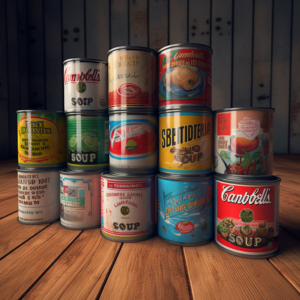
Canned soups are a popular convenience food, but it’s important to be aware of their potential drawbacks.
Many canned soups are high in sodium, which can lead to water retention and weight gain. In fact, some canned soups can contain more than half of the recommended daily intake of sodium in just one serving.
To avoid these negative effects, it’s important to read nutrition labels carefully and choose low-sodium options whenever possible.
Additionally, incorporating fresh vegetables and lean protein into homemade soups can provide a healthier and more flavorful alternative to canned options.
16. Processed snacks: Processed snacks such as pretzels, popcorn, and snack bars are often high in calories, added sugars, and unhealthy fats.
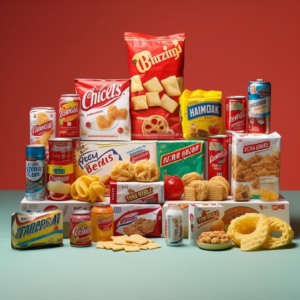
Canned soups are a popular processed food option for those looking for a quick and easy meal.
However, it’s important to note that many canned soups are high in sodium and may contain preservatives.
In addition, processed snacks such as pretzels, popcorn, and snack bars are often high in calories, added sugars, and unhealthy fats.
It’s important to be mindful of the nutritional content of these snacks and to consume them in moderation as part of a balanced diet.
17. Sugary cereal: Sugary cereal is often high in calories and added sugars and can lead to a sugar crash later in the day.
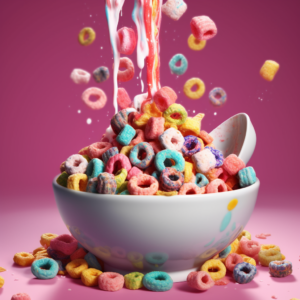
Canned soups and sugary cereal are two popular food choices, but they have their downsides.
Sugary cereal, in particular, is often high in calories and added sugars.
Consuming too much of it can lead to a sugar crash later in the day, leaving you feeling tired and sluggish.
It’s important to be mindful of the nutritional content of the foods we eat, and to choose options that will provide sustained energy throughout the day.
18. High-fat dairy: High-fat dairy such as full-fat milk, cream, and butter are high in calories and unhealthy fats.
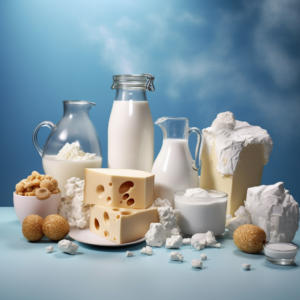
High-fat dairy products like full-fat milk, cream, and butter contain high amounts of calories and unhealthy fats.
Consuming these products in excess can lead to weight gain and an increased risk of heart disease.
It is recommended to consume these products in moderation and opt for low-fat or non-fat dairy alternatives whenever possible.
19. Sweetened yogurt: Sweetened yogurt is often high in calories and added sugars and can lead to overconsumption of calories.
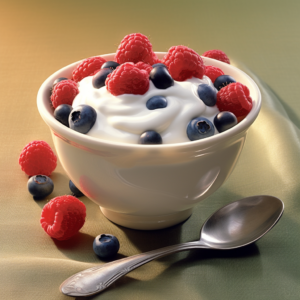
Sweetened yogurt is a popular snack and breakfast option for many people. However, it is important to note that sweetened yogurt can be high in calories and added sugars.
This can lead to overconsumption of calories, which can contribute to weight gain and other health issues.
It is recommended to choose plain yogurt or yogurt with natural sweeteners, such as fresh fruit, to avoid the negative effects of added sugars in sweetened yogurt.
20. Fast food: Fast food is often high in calories, unhealthy fats, and sodium.

Fast food is widely known for its convenience and affordability.
However, it is important to note that fast food is often high in calories, unhealthy fats, and sodium.
This is due to the fact that fast food is typically processed and contains artificial ingredients.
Consuming too much fast food can lead to various health problems such as obesity, heart disease, and high blood pressure.
In conclusion, losing weight requires a balanced and varied diet that includes nutrient-dense foods such as fruits, vegetables, whole grains, lean proteins, and healthy fats. Reducing or limiting foods that are high in calories, unhealthy fats, added sugars, and sodium can support healthy weight loss, but it is essential to maintain a healthy relationship with food and avoid restrictive diets that may cause harm to your health. Always consult with a registered dietitian or healthcare provider before making significant changes to your eating habits.
